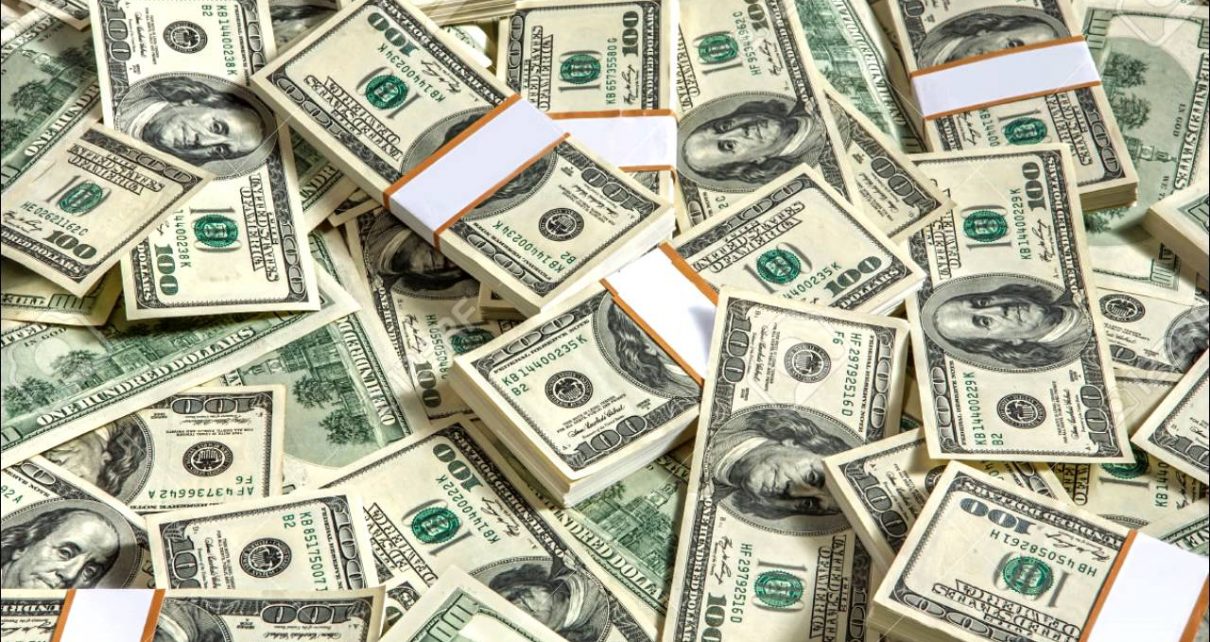Inflation may dominate headlines, but behind the scenes, deeper structural forces are influencing markets, investments, and personal wealth in ways few are prepared for.

When inflation makes headlines, it’s usually presented as a simple story: consumer prices are up, the central bank is adjusting interest rates, and you’ll feel it at the grocery store. But that’s the public-facing script.
The reality is far more complex — and often more unsettling. Inflation is only the visible ripple of deeper forces in the global economic pool. Beneath the surface, powerful entities are adjusting the currents in ways that affect your savings, your investments, and your purchasing power.
Over the past two years, inflation has been both a crisis and an opportunity — depending on who you are.
While central banks focus on monetary supply and policy rates, other forces shape your financial reality:
Sources in the financial sector admit that some inflationary waves are “engineered” in part through speculative market behavior. For example, commodity futures markets can amplify a minor supply shortage into a full-scale price surge.
In an off-record discussion at a recent industry gathering, one hedge fund manager confessed, “We can’t control war or weather — but we can control the story about them.” That story, when amplified through media and financial analysts, can push prices in directions that conveniently align with certain portfolios.
Governments will report GDP growth and stock market gains as proof of economic strength. But for an individual household:
The disconnect isn’t accidental — it’s baked into the way economic health is measured and reported.
At a private retreat in a mountain resort — officially framed as an “innovation in markets” summit — a cluster of top-tier economists, tech CEOs, and fund directors allegedly discussed “stability through managed volatility”. The idea: controlled economic uncertainty can be good for consolidating market position, as long as you’re the one holding the levers.
This wasn’t the kind of event advertised in glossy brochures. No panel livestreams, no press access — just the clinking of glasses over discussions about how much volatility is “just enough” to reset the market in their favour.
Understanding these dynamics gives you the ability to question official narratives, adapt your personal financial strategy, and anticipate market turns instead of merely reacting to them.

At the intersection of brain chemistry and human longing, intimacy between men reveals a landscape of vulnerability, reward, and identity. This article delves into how neural circuits, hormonal dynamics, and psychological frameworks undergird male-male intimacy—why it matters, why it unsettles, and why it offers one of the deepest paths to self-knowledge and human connection. By combining neuroscience, endocrinology, and relational psychology, this piece argues that male intimacy is not a peripheral luxury but a core human imperative: a frontier where biology and spirit collide.

AI is reshaping medicine from diagnostic tool to empathic collaborator — a transformation that redefines care, ethics, and the essence of healing itself.

Across alliances, borders, and institutions, power is increasingly exercised without trust. This article examines how legitimacy—not military strength or economic size—has become the decisive variable in global stability, and why its erosion now threatens international order.